Your Comprehensive Guide on AdTech and MarTech
Do AdTech, MarTech, and other terminologies often confuse you? If so, we are here to delve into this mystery and learn more about the differences between AdTech and MarTech.
Indeed, Ad Tech and Mar Tech present overlapping features, yet they serve different purposes. Ad tech focuses on ad delivery and optimization, while Mar Tech is responsible for the marketing technologies required to support the entire customer journey.
Let’s move along and discuss it in greater detail in the following paragraphs.
Table of Contents
AdTech and MarTech at a Glance
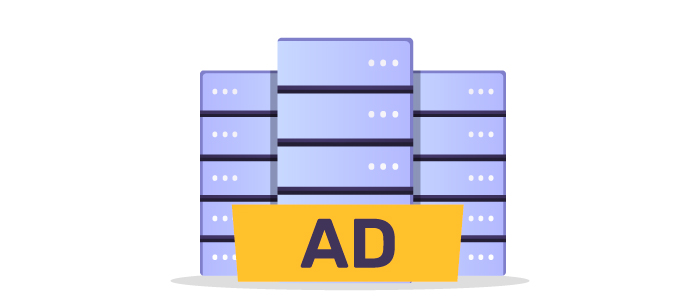
Focus
- AdTech: Reaching new audiences;
- MarTech: Optimizing the marketing process;
Tools
- AdTech: Ad Campaign Management, DSPs, SSPs, Ad Networks, Ad Servers, Data Management Platforms (DMPs);
- MarTech: CRM, Email Marketing, Web Analytics, SEO (Search Engine Optimization) and Content Optimization Tools, Social Media Management Platforms, Data Management Platforms (DMPs);
Data
- AdTech: Third-party data;
- MarTech: First-party personalized data;
The main difference between AdTech and MarTech is their roles. Thus, AdTech was designed to help advertisers, publishers, and agencies sell ad space or create, run, measure, and manage online ads across a global reach. In contrast, MarTech creates, runs, and manages online marketing campaigns and onsite marketing efforts.
AdTech and MarTech use different platforms, yet one overlaps in both markets: Data Management Platforms (DMPs), since it collects, organizes, and activates first-, second-, and third-party audience data from multiple online and offline data sources.
The Billing Models of AdTech and MarTech
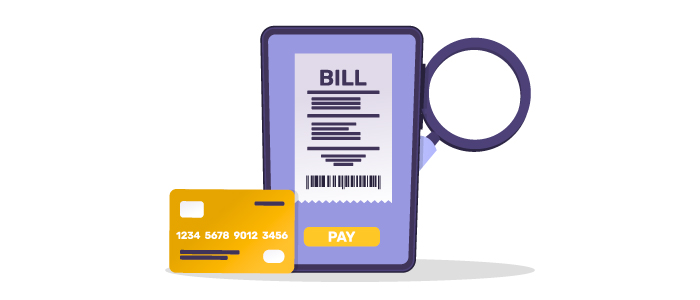
There’s a significant difference between AdTech and MarTech regarding billing. As such, MarTech uses monthly-based payment tools or fixed subscriptions, unlike AdTech solutions, which can constantly change from one cycle to another.
With AdTech solutions, the billing style depends on different metrics, such as the CPM model, while some ad agencies can bill you with a commission on top of the ad spend.
The Target Audience of AdTech and MarTech

Due to its nature, AdTech focuses on advertisers and media buyers, compared to MarTech, which mainly targets marketers to meet their marketing needs, such as segmentation, lead generation, and campaign management.
What You Must Know About AdTech

AdTech is the broader term for software tools facilitating programmatic buying and selling, including DSPs, SSPs, and other platforms. The first AdTech platform was developed in the 1990s, and since then, the field has gradually grown, becoming a powerful ally within the advertising industry.
To grasp its importance, the AdTech market was projected to reach $2.9 trillion by 2031, and small—to medium-sized companies will adopt this strategy to enhance their ROI.
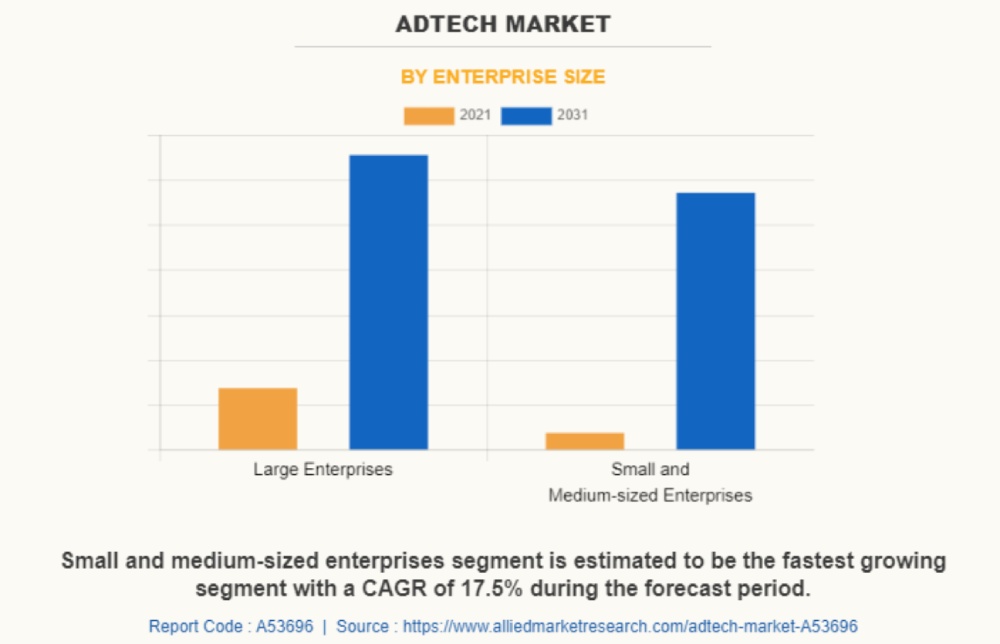
Moreover, this increased adoption is highly related to the enhanced operational and productivity capacities paired with advanced technologies like AI, Machine Learning, and AR/VR.
These techs open businesses to many lucrative opportunities but can also challenge security and investment costs. To learn more, we recommend our guide on what AdTech is and how to use it to your advantage.
The Best AdTech Solutions
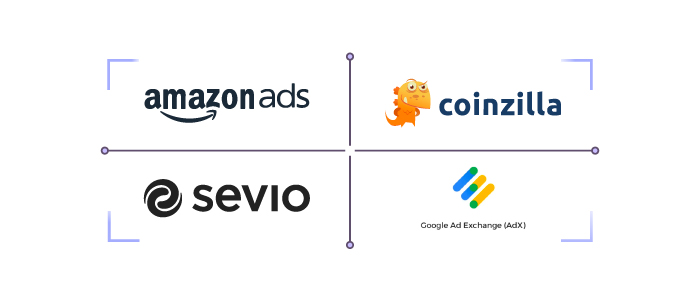
Supply Side Platforms
Supply Side Platforms, such as Sevio Ad Manager, is an AdTech solution that helps publishers sell their ad inventory and fill their available ad space.
Therefore, SSPs use the real-time bidding process, which is part of the programmatic advertising niche. They help publishers maximize their revenue streams by connecting them to DSPs, known as Demand-Side Platforms.
Demand Side Platforms
A Demand Side Platform, like the Amazon DSP, is an AdTech platform that allows advertisers to connect with publishers that use SSPs and Ad Networks to buy inventory and ad space. The selling is done on an impression-by-impression basis.
Furthermore, a DSP helps advertisers automate their decision-making through the real-time bidding process, which is met in an SSP, thus offering a more cost-effective advertising solution.
Ad Networks
Ad Networks are another digital extension of the AdTech industry, and platforms such as Coinzilla help publishers and advertisers since they act as intermediaries. It manages a network of websites and sells its ad inventory in bulk to advertisers.
Consequently, Ad Networks buys unsold space from publishers and matches it with the right advertisers who want to place ads online. Thus, Ad Networks offers a win-win solution for everyone involved.
Ad Exchanges
Ad Exchanges are another component of the AdTech ecosystem that enables programmatic deals, which, according to the latest stats, are expected to reach $725 billion by 2026.
Therefore, Ad Exchanges allow advertisers and publishers to buy and sell ad inventory through RTB, eliminating intermediaries. As a result, they offer increased transparency and high levels of control.
Google’s Ad Exchange is a robust example of an Ad Exchange.
Ad Servers
Ad Servers is an AdTech software solution used by publishers and ad networks to manage and deliver ads at the right time and to the right venue. Thus, it helps publishers display ads based on specific criteria.
Moreover, Ad Servers offer robust analytics that help publishers track and monitor their advertising efforts and performance.
Agency Trading Desks
ATDs are known for simplifying media planning, buying, and optimizing programmatic campaigns across multiple channels. Advertisers enjoy a low price since ATDs purchase and resell media in advance.
Data Management Platforms
DMPs are bridge software tools that connect AdTech and MarTech by collecting first- and third-party data and organizing and segmenting it based on users’ behavior.
Therefore, DMPs help advertisers and marketers better understand their potential customers, deliver tailored ads, manage budgets, optimize campaigns, and more.
MarTech Must Know to Get Started
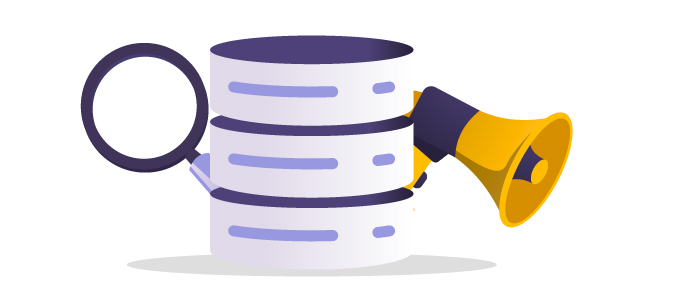
MarTech or Marketing Technology refers to all the tech solutions a digital marketer uses to plan, execute, and monitor paid or organic campaigns to increase brand awareness, capture and nurture leads, and increase conversions within the buyer’s journey funnel.
Just to get an idea of its adoption, in 2023 alone, there were over 11000 solutions on the market, and some of the most popular ones are CRMs, Social Media Management Platforms, Email Marketing Platforms, and other Email Automation platforms, Digital Analytics Tools, and many others.
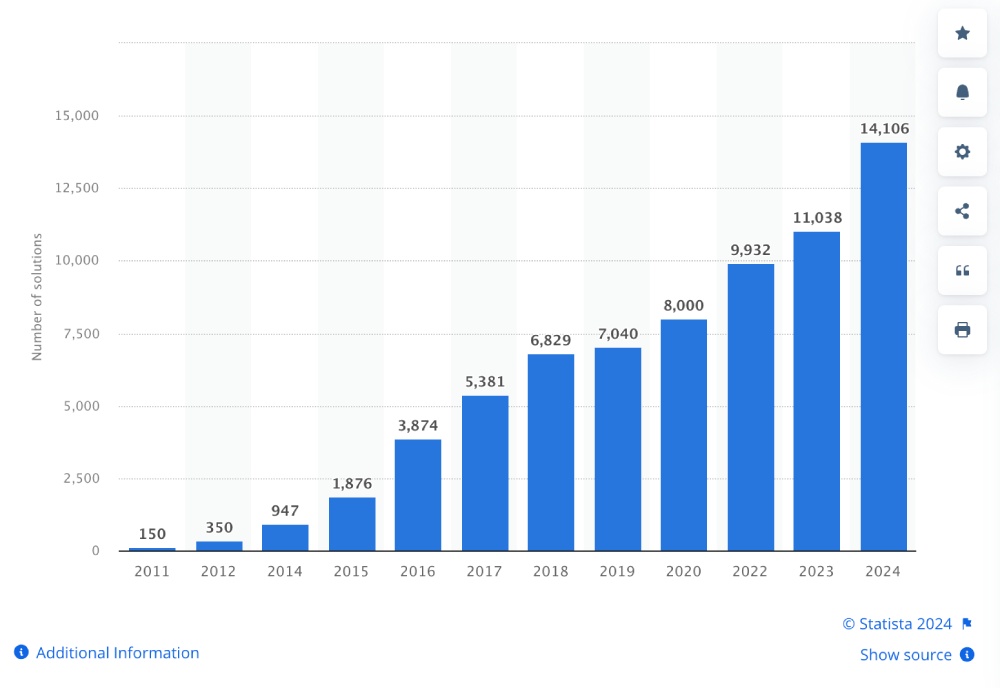
The Best MarTech Platforms
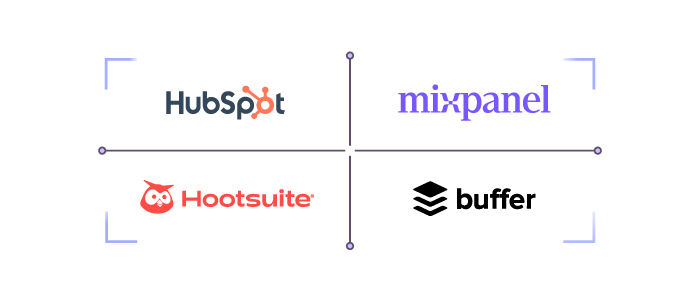
Web Analytics
The name is self-explanatory, yet web analytics helps marketers collect web data to understand and optimize web usage, thus improving the website’s effectiveness.
There are also many traditional or advanced web analytics solutions, some of which could include heat maps and other features. A robust web analytics tool could be Mixpanel.
Social-Media-Management Platforms
Some of the most well-known MarTech solutions include:
- Social media management platforms, such as Hootsuite and Buffer;
- Influencer management tools like TapFusion;
- Social media listing tools, such as Reputology and Hootsuite;
- Feedback or live-chat digital products.
SEO & Content-Optimization Software
Many SEO and content-optimization tools help marketers to increase their reach and improve their online presence. Therefore, marketers can create high-quality content that ranks higher, reach the SERPs results, and attract more organic traffic, helping businesses convert them into qualified leads.
You could try Ahrefs or SemRush to kickstart your SEO marketing strategies.
CRM
CRMs, or Customer-Relationship Management tools (CRM), such as HubSpot, Pipedrive, or Salesforce, help businesses track their leads and prospects based on their marketing funnel position and, thus, deliver targeted content at the right time.
Marketing Automation
Marketing automation tools are MarTech solutions that help marketers and businesses automate their processes and repetitive tasks. This allows them to save time and resources, improve efficiency, and effectively nurture leads.
So, while AdTech and MarTech have their scopes, they sometimes overlap. For example, programmatic advertising under AdTech could use MarTech data to target its audiences better.
Moreover, using a mix of these two can effectively enhance your marketing efforts, help with advertising delivery, and increase your ROI.
Final Thoughts
In a nutshell, AdTech and MarTech, while distinct, are powerful allies working towards a common goal: maximizing your marketing ROI.
Therefore, AdTech equips you to find new audiences and deliver targeted ads, while MarTech empowers you to nurture those audiences throughout their journey.
By leveraging these technologies and staying informed on evolving trends like data privacy, you can craft a winning marketing strategy that attracts, engages, and converts your target customers.